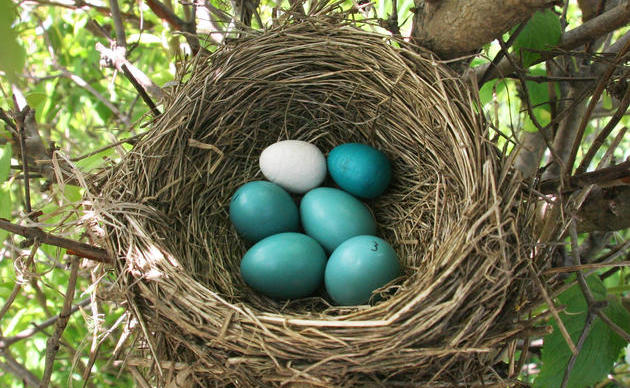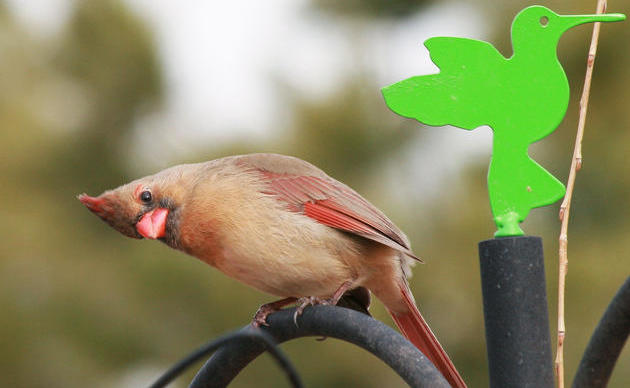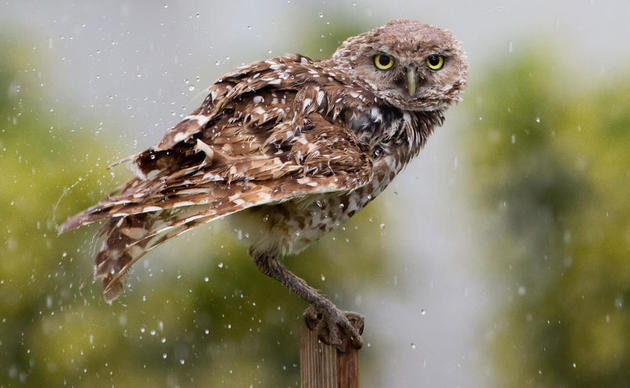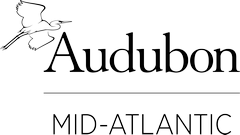Forestry for the Birds
What is Forestry for the Birds?
As part of its Healthy Forest Program, Audubon Pennsylvania collaborates with foresters and other land managers to incorporate consideration for forest bird habitat into forest and natural resource planning. We provide information, referrals and some technical assistance through the following programs:
Presentations on Bird-friendly Forest Management. We can give a talk to your club or organization about forest birds and actions that can be taken to improve forest habitat for them.
Training for Foresters. We give workshops for foresters on how to conduct forest bird habitat assessments and how to incorporate bird-friendly management information into forest management plans.
Forest Bird Monitoring. How will you know if your approach to managing your forest is helping forest birds? Audubon Pennsylvania will help you keep track of bird species on your property with simple monitoring protocols and by connecting you with knowledgeable Audubon volunteers who can provide assistance and training.
Forest Bird Habitat Assessments. Each property has unique features and opportunities for bird-friendly management. If your property meets certain criteria, an Audubon biologist can visit and assess your forest habitat. Each landowner receives information on the existing habitats on their land as well as practical recommendations for protecting and enhancing habitat for forest birds.
Referrals for Technical Assistance. If you are interested in hiring a consulting forester, we will put you in touch with a forester who has taken our training program. If you are interested in participating in a cost share program to improve your forest, we will help you find out if you are eligible and tell you who to contact.
Email paforestbirds@audubon.org
Pennsylvania is home to significant proportions of the global populations of Wood Thrushes and Scarlet Tanagers. The North American Bird Conservation Initiative refers to these birds as responsibility species; the responsibility of looking out for the future of these birds is in our hands because our forests are the core of their breeding range.
Fortunately, because these birds are still common in our region, we have the opportunity to protect and enhance their breeding habitat now before they become threatened or endangered.
How you can help, right now
Donate to Audubon
Help secure the future for birds at risk from climate change, habitat loss and other threats. Your support will power our science, education, advocacy and on-the-ground conservation efforts.
Become a Monthly Donor
Donating monthly is flexible, easy and convenient and makes you a champion birds can count on, no matter the season.




